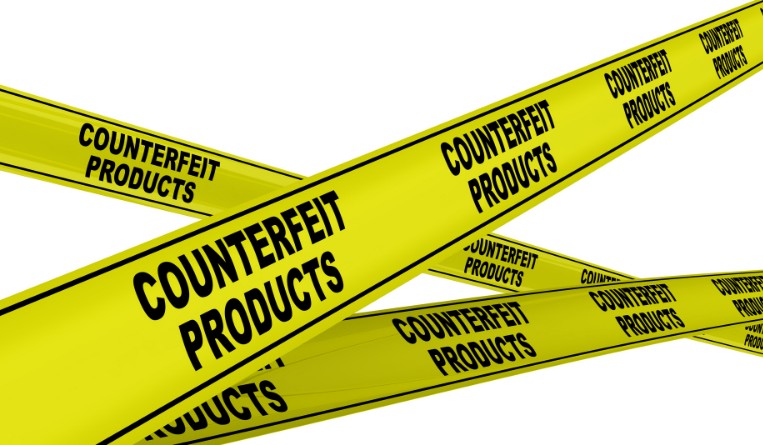Hong Kong Customs combats counterfeiting activities involving goods bound for the United States
30 August 2021

Local Customs conducted a targeted operation this summer to combat cross-boundary counterfeiting activities involving goods destined for the US. About 60,000 items of suspected counterfeit goods with an estimated market value of about HK$3.2 million (US$412,000) were seized.

According to the Customs’ press release, it took the targeted enforcement action for one month and during which had stepped up its inspections, especially against suspicious air consignments destined for North America.
Suspected counterfeit goods including mobile phones and accessories, watches, handbags, shoes and clothing were seized during the operation.
“The operation lasted for a month back in July and based on our experience, local Customs regularly inspect suspected cross-border counterfeits throughout the year at the cargo service centres, the Shenzhen bay border and the other points of entry,” says Vivien Chan, founding and senior partner at Vivien Chan & Co. in Hong Kong. “HK Customs work regularly with the US Customs and Border Protection to conduct operations targeting cross-boundary counterfeiting activities destined for America. Our Customs also work closely with the representatives of US brands stationed in Hong Kong to understand the common features of counterfeit and the common channels by which counterfeits are shipped. Last but not least, given the popularity of e-commence sales, the officers pay special attention to small parcels as well.”

Speaking of e-commerce, 20 of 47 (43 percent) of goods ordered from third-party sellers on popular consumer websites were counterfeit (although the source of the counterfeit goods is not specified) according to a study issued by the US Government Accountability Office in 2018. “While the GAO made certain recommendations for the CBP and reports that CBP is working on implementing those recommendations, I note that the number of goods seized from Hong Kong in 2017 was US$386 million, whereas in 2019 it was US$397 million, which is essentially no change. As such, it is possible that the CBP’s effectiveness at preventing the importation of counterfeit goods is still in the neighbourhood of 40 percent, although there are a number of variables that are unknown that are relevant to the analysis,” says Christopher Rourk, a partner at Jackson Walker in Dallas. “An IP owner can increase the effectiveness of CBP by hiring US counsel to coordinate with the CBP, such as to identify possible ports of entry, resellers and registered IP that is being copied.”
Johnny Chan






